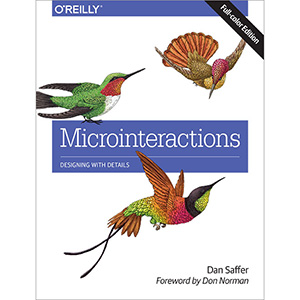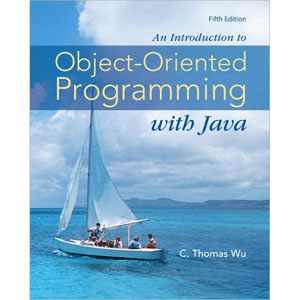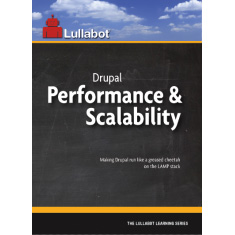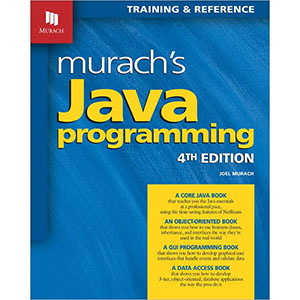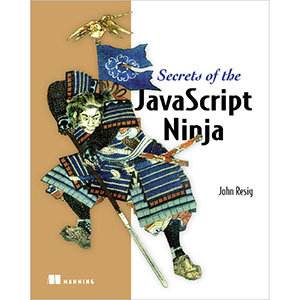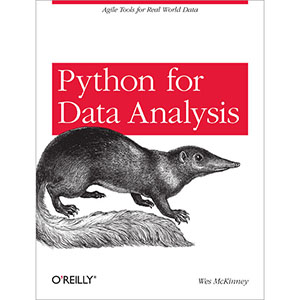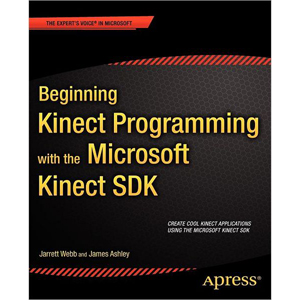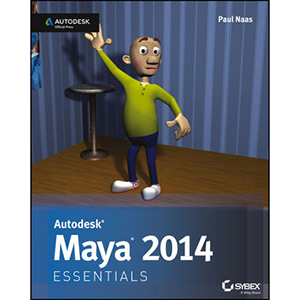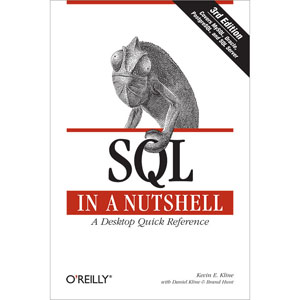BPEL and Java Cookbook
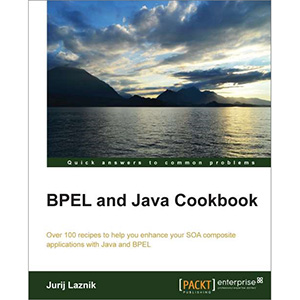
The Business Process Execution Language (BPEL) has become the de-facto standard for orchestrating web services. BPEL and web services are both clamped into Service-oriented Architecture (SOA). Development of efficient SOA composites too often requires usage of other technologies or languages, like Java. This Cookbook explains through the use of examples how to efficiently integrate BPEL with custom Java functionality.
If you need to use BPEL programming to develop web services in SOA development, this book is for you.
BPEL and Java Cookbook will show you how to efficiently integrate custom Java functionality into BPEL processes. Based on practical examples, this book shows you the solutions to a number of issues developers come across when designing SOA composite applications. The integration between the two technologies is shown two-fold; the book focuses on the ways that Java utilizes the BPEL and vice-versa.
With this book, you will take a journey through a number of recipes that solve particular problems with developing SOA composite applications. Each chapter works on a different set of recipes in a specific area. The recipes cover the whole lifecycle of developing SOA composites: from specification, through design, testing and deployment.
BPEL and Java Cookbook starts off with recipes that cover initiation of BPEL from Java and vice-versa. It then moves on to logging and tracing facilities, validation and transformation of BPEL servers, embedding of third-party Java libraries into BPEL. It also covers manipulation with variables in BPEL different techniques of Java code wrapping for web service usage and utilization of XML façades.
After reading BPEL and Java Cookbook you will be able to circumvent many of the issues that developers experience during SOA composite application development.
What you will learn from this book
- Call synchronous and asynchronous BPEL processes from Java code
- Implement of web services with AXIS2 and JAX-WS
- Call synchronous and asynchronous web services from BPEL process
- Efficiently utilise the tracing and logging for tracking business process execution
- Make use of validation and transformation of the BPEL services
- Employ various techniques to variable manipulations in BPEL
- Use annotations for describing web services
- Perform work, management and monitoring tasks with the Oracle Enterprise Manager Console
- Utilize the internal and external BPEL engine logging and tracing capabilities
- Integrate various technologies for orchestration
- Learn the techniques of using XML façades
- Design, monitor and test SOA composite applications
Approach
A concise Cookbook with practical recipes for experienced Java developers. The book is packed with illustrated code examples to create scalable programs using BPEL, JAVA, and JDeveloper.
Who this book is for
This book is aimed at Java developers who need to use BPEL programming to develop web services in SOA development. You should be experienced with Java programming and SOA, but knowledge of BPEL is not necessarily required.
Book Details
- Paperback: 382 pages
- Publisher: Packt Publishing (September 2013)
- Language: English
- ISBN-10: 1849689202
- ISBN-13: 978-1849689205

